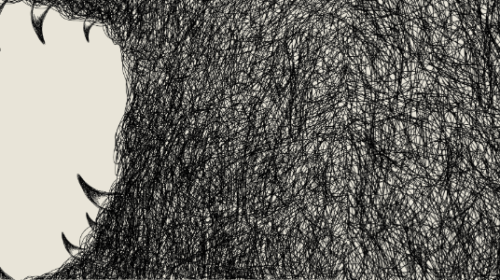Humans are the only creatures on Earth capable of self-hatred. Lucky us.
The inner hostility all humans are guilty of experiencing at one time or another doesn’t just eat away at our confidence — it bleeds into every connection we try to build. A healthy relationship provides more than mere compatibility or shared goals. It also depends on whether we can tolerate love when it’s offered to us. And that becomes very difficult when someone carries deep shame or self-hatred.
At Recovery Unplugged, we’re not strangers to auto-misanthropy. We see how unresolved trauma, mental health struggles, and substance use can damage self-worth and relationships, mostly because we’ve lived it ourselves. While treatment helps to address those wounds, it takes personal initiative to see yourself as someone deserving of love, care, and dignity. “Why?” you may complain, “Why can’t I just go to therapy and load up on positive affirmations?”
Because, gentle reader, if you did that forever, you’d just be shuffling emotional labor from one person to the next when you go from therapy to a relationship, and that’s not fair to your partner or you.
How Self-Hatred Pushes Love Away
People who believe they’re unworthy register affection from others as a mistake, believing that any person who shows them kindness must not really know them and all the horrible things about them. If they did know, they would run for the hills, surely. That belief drives defensive behavior in relationships: pulling away, testing loyalty, or sabotaging intimacy before rejection can happen. It’s a self-fulfilling prophecy that promises nothing more than a lack of self-fulfillment.
When self-worth always comes from outside yourself, it forces others to carry the weight of proving your value. That constant reassurance is exhausting for them, destabilizing for the relationship, and dangerous for you. If the relationship ends and you’ve never had to develop an internal source of validation, what do you think is going to happen? Nothing good. Exclusively dog-shit things happen when we don’t love ourselves.
This pattern is common among people living with depression, anxiety, or substance use disorders, where shame becomes a constant background noise. Without intervention, the cycle repeats until it confirms the negative self-image.
What Changes When We Build Self-Love
Developing a healthier relationship with ourselves creates space for stronger, more stable connections. Self-love allows people to:
- Accept care without assuming it’s temporary or undeserved
- Respond to affection with trust instead of suspicion
- Share love more openly, without fear of being exposed as unworthy
If you didn’t grow up with a healthy self-view, these skills will require effort on your part to develop. But you need to develop them, be it through therapy, groups, or treatment programs that provide accountability and new ways of thinking.
Where Self-Hatred Begins
Most people don’t invent self-loathing on their own. It’s learned early, often from caregivers who linked love with achievement or punished imperfection. Those voices stay loud into adulthood, shaping how someone reacts in relationships.
Therapy helps untangle that history. In residential treatment or outpatient care, clients learn to notice old patterns, practice self-compassion, and replace distorted beliefs with more balanced ones. Restoring fairness to how we see ourselves counts as recovery, too.
The Work of Recovery
Building self-love requires effort. Some steps to practice include:
- Reflecting on where harmful beliefs came from
- Speaking to oneself with the same patience offered to a friend
- Replacing “I don’t deserve love” with realistic truths
- Allowing mistakes without turning them into proof of worthlessness
- Accepting guidance from therapists, peers, and supportive communities
At Recovery Unplugged, these lessons are reinforced across our different levels of care — from detox and inpatient to outpatient and virtual programs. Each stage helps rebuild not just health, but the ability to form meaningful relationships.
Self-Love as the Foundation
Self-love doesn’t mean you think highly of yourself all the time. Rather, it’s being able to hold honest, compassionate views of who you are—flaws included—and still seeing value in your existence. That shift allows people to receive affection without recoiling and to give love without fear.
Relationships last when both partners can meet each other with trust and stability, and that begins with how we treat ourselves.
Take the Next Step
If you’re struggling with substance use, trauma, or mental health challenges that make connection feel impossible, support is available. Recovery Unplugged offers a full continuum of care to help you restore your relationship with yourself and strengthen your relationships with others.




















